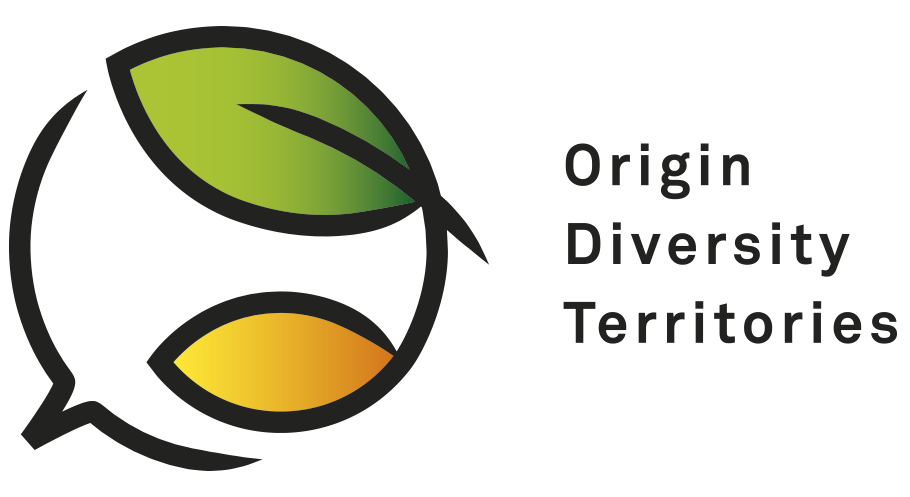SUSTAINABILITY AND GEOGRAPHIC INDICATIONS
Workshop 4 – Sustainability and geographic indiactions
Moderation: François Casabianca (National Institute of Agricultural Research in France – INRA). Co-organization: Dominique Barjolle (Department of Agriculture and Viticulture of the Canton of Vaud – SAVI)
A major challenge for AOP-IGP is to find a virtuous balance between an attractive economic return for the actors in the sectors, and the risk of specialization and intensification generated by economic incentives when they are strong. The terms of reference and governance mechanisms are « tools » that GI actors can mobilize to gain both social and environmental sustainability. The sustainability assessment tools can then play an important role in these regulatory mechanisms and open up new paths for improvement.
The strictly economistic view of GIs is reaching its limits, focusing on the aspects of protection and niche creation in competitive markets. In order to engage in the progress that needs to be made and to achieve the necessary balances over resources and social issues over the long term, GI management organizations must be able to make trade-offs between the different dimensions of sustainability and to go beyond short-term considerations.
The political and societal injunction of sustainable development leads, at the scientific and technical levels, to underly the importance of starting the evaluation in a temporal perspective and analyzing the trajectories, by aiming at participative modalities that can incite the actors to an improvement loop in a shared vision.
The objective of the workshop is to put into perspective different approaches, in different contexts and for different purposes, to illuminate the ways in which GIs evolve towards greater sustainability. The collective discussion will focus on the respective interest of these different approaches in assessing the impacts of GIs and on the ability to grasp the dynamic dimension of sustainability.
Program
Introduction of the works (François Casabianca, INRA)
- Context and objectives of the workshop
- Timeline of the work
First Part: Presentations
- Emilia Schmitt: Comparison of sustainability and « locality » indicators between PDO and non-PDO products in Europe.
- Hanna Forster: Sustainability Trajectories: a reading by the modifications of the PDO-PGI specifications in Europe.
- Guillén Calvo: The participatory dimension of assessing the impacts of GIs, based on examples of implementation in Colombia.
- Emilie Vandecandelaere: Does the evaluation of the economic dimension show synergies or contradictions with the other dimensions of sustainability? From case studies at the global level.
Second Part temps : round table with professionals and people in charge for the registration and the promotion of GIs
Among the participants registered in the workshop, we will solicit the experience of some (5 mn each):
- Feedback from the OFAG and his vision for such work: Paolo De Giorgi
- Contribution from a member of the federal PDO-PGI commission: Carine Cornaz
- Testimony on the various impacts of Feta PDO in Thessaly: Dimitra Gaki
- The perspective of sustainability at the international level in the Lisbon register: Alexandra Grazioli, WIPO
- OriGIn’s point of view based on an ongoing reflection on « strategies for sustainability of GIs ».
Reactions of some PDO-PGI interprofessional leaders in Switzerland. General discussion with all participants in the workshop.
Quick synthesis of the workshop: Dominique Barjolle, SAVI and ETHZ
